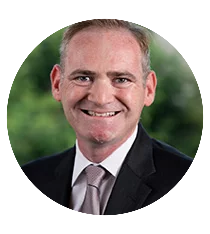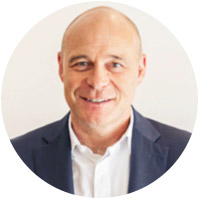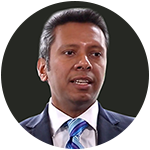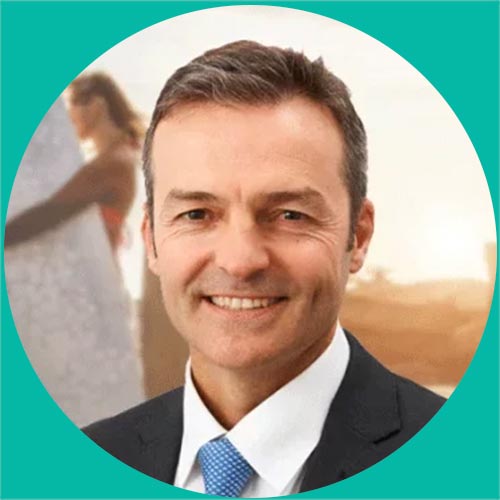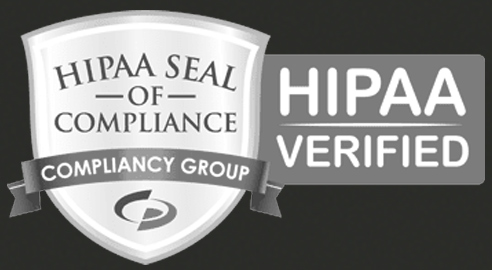Who said selling healthcare was supposed to be dishonest? Talking about risks in consultations.
When we’re planning customised training courses for healthcare staff, we typically spend one or two days observing the actual goings-on inside a clinic. Usually, we will follow several patients throughout their initial consultation journey, acting as a fly on the wall, furiously taking notes of what we see, hear, touch, smell and even taste. (And let me tell you from first hand experience, the differences in the quality of biscuits across UK private healthcare clinics vary tremendously!)
Why we observe consultation appointments first-hand before training
Two of the reasons we observe consultation appointments are:
- we get the patient’s (customer’s) perspective of what actually happens in a consultation, as opposed to what management intends to happen. Usually, what actually happens is very different than what is intended in a written or charted process
- when it comes to actually delivering the training, we can deliver it from a position of having first-hand experience of what’s actually going on, instead of hearing second-hand accounts of how we wish things could be
Sometimes, observation visits reveal some interesting preconceptions about what is expected versus what is done in marketing and selling healthcare
I had a very interesting visit with a new client earlier this week. Apart from making a huge amount of observations about what could be improved as well as what was very good, I had the opportunity to meet with one of the surgeons after I observed his initial consultation with a new patient.
“Well, you probably think my consultation style is rubbish, because I talk about the risks.”
After the consultation was over, I explained to him that I was observing the clinic practices to see if we could improve their conversion rates. With this, he said something that literally stopped me in my tracks: “Well, you probably think my consultation style is rubbish then, because I talk about the risks.”
Seriously? Are some of us still under the impression that effectively selling healthcare is incompatible with talking about risks? Well, if some of us are, let me be crystal clear:
Talking about risks actually helps you sell better, not worse
This business is about credibility. Of course you should talk about risks in consultations. Surgeons don’t need to hear me tell them this, but a massively important part of their role is to get informed consent. Therefore, it’s imperative that risks be discussed with a prospective patient before they elect to have a procedure that carries risks – no matter how small, no matter how unlikely, no matter how mitigated, no matter whose fault it is, no matter how recoverable.
No communication skills, customer service, or sales training should EVER contradict that. Ever!
In fact, I have plenty of evidence to support that sharing a balanced view of what a particular surgical procedure involves affords better conversion rates than selling only the happy side of the story.
You see, this an excellent example of how adopting sales and communication advice from people who are not specialised in healthcare businesses can be a disaster.
You and I both know, that in traditional selling, one sells the features, advantages and benefits of a product or service. And we also know that there are many unprofessional sales people that deceive, inveigle and obfuscate the truth by avoiding any discussion of the downsides of a particular product or service. But in healthcare, that makes you a worse salesperson, not a better one.
People are trusting you as an unbiased professional expert. And, as an unbiased professional expert, you are duty bound to deliver the pros and cons in an honest way. Good experts, you see, deliver measured recommendations. For example: “Here are the pros… and here are the cons… and based on what I’m interpreting you want and need, I suggest to proceed with this option, because the pros outweigh the cons.”
Remember this: No solution is perfect. But that’s ok, because it doesn’t have to be perfect, it just has to be better than what you’re doing right now for it to be a worthwhile solution.
Selling is not about being dishonest, but when it gets that way in healthcare, regulators get involved
Here’s another example, emailed to me by a another client, of how good doctors who listen to bad marketing people get it hugely wrong: Unfortunately, there are many surgeons in the United States who have missed the point of how advertising in healthcare marketing is supposed to work (honestly). In the US, the U.S. Food and Drug Administration is once again cracking down on eye care professionals who make false safety claims and promises about the popular LASIK eye surgery.
The agency’s Letter to Eye Care Professionals, issued this week, follows an earlier warning from May of 2009. In its latest salvo against deceptive, potentially harmful advertising, the FDA is now giving eye doctors 90 days to get in line and update any advertising or promotional materials that make false claims. After this time, the agency will take regulatory action, said FDA spokeswoman Erica Jefferson.
“It’s about the false claims and not adequately providing consumers with information about the risks associated with the procedure,” she said.
Apart from it being unethical to mislead people in advertisements, it’s never a good thing when a watchdog or a regulator starts getting involved in policing marketing practices. You might remember the furore around the Watchdog’s smack down of Optical Express for alleged dishonest marketing practices in earlier 2011. Not only do a few Pinocchios spoil the lot for all the honest healthcare businesses out there, but what message does this send to consumers about the profession as a whole?
To me, it says: “You can’t be trusted, so we have to come in and tell you what’s right and wrong.”
Professionals shouldn’t need a Jiminy Cricket, sitting on their lengthened noses acting as their official conscience to tell them right from wrong. At the same time, they shouldn’t feel that to sell or market healthcare effectively, that their efforts should be less than 100% honest.
Related Posts
Meet our Founders
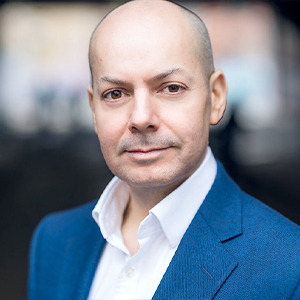
Rod Solar
Founder & Scalable Business Advisor
Rod co-founded LiveseySolar and acts as a Fractional CMO and Scalable Business Advisor for our customers. He’s on a mission to help transform the lives of 10,000 people with vision correction surgery by 2024. To achieve that, he inspires his customers to make confident decisions that will help 50,000 people take the first step towards vision correction.
LiveseySolar completely transformed the way we were approaching this… We’ve gone from having just the dream of having a practice to having a practice up and running with people making inquiries and booking for procedures… It’s extremely pleasing. We feel lucky we connected with LiveseySolar.
— Dr Matthew Russell, MBChB, FRANZCO, specialist ophthalmic surgeon and founder of VSON and OKKO
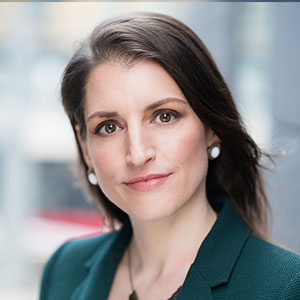
Laura Livesey
Founder & CEO
Laura Livesey is the co-founder & CEO of LiveseySolar. She has developed powerful refractive surgery marketing systems that increase patient volumes and profits for doctors, clinics, and hospitals, since 1997.
Rod and Laura know as much about marketing surgery to patients as I know about performing it. They are an expert in the field of laser eye surgery marketing. They know this industry inside out. I believe that they could help many companies in a variety of areas including marketing materials, sales training and marketing support for doctors.
— Prof. Dan Reinstein, MD MA FRSC DABO, founder of the London Vision Clinic, UK


